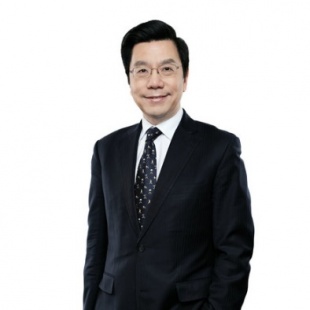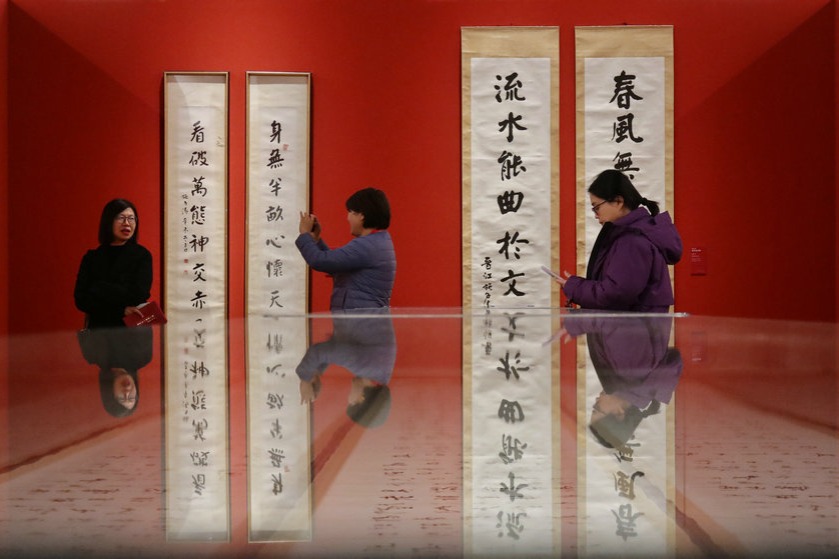A tale of two tech giants


War of two kingdoms
In Lee's view, China and the US stand as two pillars of AI technology, and in the battle for AI supremacy, China will probably prevail.
In the book he predicts that China will have slight lead in AI development in five years.
"The US is leading the world in fundamental research in AI by at least 10 years," Lee said during a book talk in Shanghai last month. But he thinks that the lead doesn't give the US much advantage over China as the research in the academia is transparent and open.
And the diffusion of technological innovation in AI is measured in hours between Silicon Valley and Beijing's Zhongguancun, home to many Chinese IT giants.
But China's internet economy, such as the ubiquitous mobile payment systems and shared rides, gives it an incomparable edge, he says.
"The data is like the fossils oil for industrial growth in AI era, and China is the Saudi Arabia in this AI era," he says, adding that the number of China's mobile internet users are three times those in the US, and they are fueling computer's self-learning with tons of data generated daily.
"The only chance for the US to win back the lead will be if an American company develops another disruptive innovation like deep learning," he says. "However, I believe the odds are less than 10 percent."
He says that only seven major players are capable of making such technological breakthroughs. Four of them are in the US-Google, Facebook, Amazon, Microsoft-while three are in China-Baidu, Alibaba and Tencent.
However, Lee sees Silicon Valley as complacent because US companies are more prone to stay within their comfort zones-Facebook in social media, Amazon in e-commerce-and overlook the innovations by their Chinese counterparts in the "hyper-competitive business landscape".
Another point Lee makes is that government policy plays a big role.
In his book, he praises the Chinese government's systematic planning and huge support for AI development, as the State Council released an ambitious strategy to build an AI industry worth $145 billion and become the leading AI power by 2030.
The strategy came two months after the country's top Go player, Ke Jie, was defeated by Google's AlphaGo artificial intelligence program in the ancient and demanding Chinese board game in 2017.
Lee says the launch of the strategy is China's "Sputnik moment" in AI technology.
Sputnik-1 was the former Soviet Union's first satellite that spurred the founding of NASA and US government support for space-technology development in the 1960s.
But he warned that a narrow understanding of the race in technological development will prevent human beings from together planning for a common future in this AI era.





































